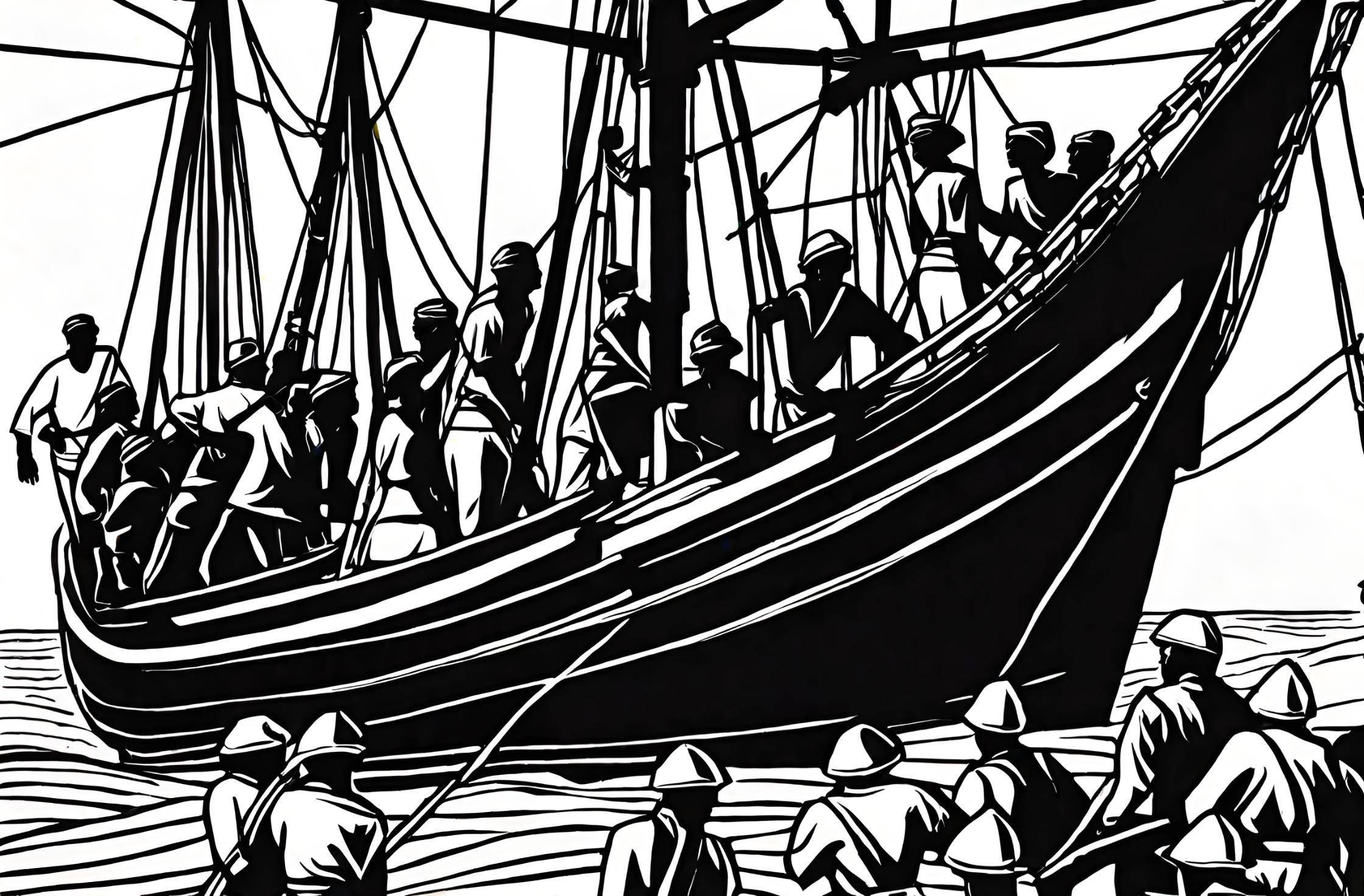Flashback to January 1
American History

On January 1, 1920, a historic event known as New Year’s Day Prohibition: The Ban Begins took place in the United States. This significant moment marked the start of the Prohibition era, a nationwide ban on the production, sale, and transportation of alcoholic beverages. For the next thirteen years, the country would undergo a significant social and cultural transformation as a result of this controversial legislation.
The Prohibition movement gained momentum in the late 19th and early 20th centuries, driven by concerns over the negative effects of alcohol on society. Supporters believed that the ban would lead to a decrease in crime, poverty, and other social issues. On the other hand, critics argued that it would only fuel organized crime and underground liquor production.
The 18th Amendment to the United States Constitution, ratified in 1919, granted the federal government the power to enforce Prohibition. To enforce this legislation, the Volstead Act, also known as the National Prohibition Act, was passed, providing regulations and guidelines for the implementation of the ban.
As the clock struck midnight on New Year’s Eve in 1920, celebrations across the country took a different turn. Instead of toasting with glasses of champagne or enjoying a glass of whiskey, Americans found themselves suddenly unable to legally consume alcohol. Bars, breweries, and distilleries were forced to close down, and the alcohol industry went underground.
The immediate impact of Prohibition was felt by the thousands of workers who lost their jobs in the alcohol industry. Breweries, distilleries, and bars had to shutter their doors, leaving many unemployed and struggling to make ends meet. The ban also had a cascading effect on related industries, such as farming, transportation, and tourism. Grape growers, for instance, were hit hard as their produce was no longer needed for winemaking.
While the ban had its intended consequences in reducing alcohol consumption, it also gave rise to a thriving underground market for bootleggers and speakeasies. These illegal establishments flourished, with secret entrances, password-protected entryways, and hidden rooms where patrons could consume alcohol covertly. The demand for illegal alcohol skyrocketed, and organized crime syndicates saw an opportunity to make enormous profits.
Infamous gangsters like Al Capone gained notoriety during this time, as they controlled the illegal alcohol trade and fought for control over liquor territories. Violence and crime rates surged during the Prohibition era, as rival gangs engaged in brutal battles to gain control of this lucrative underworld market.
Despite the increasing lawlessness and challenges faced in enforcing the ban, Prohibition persisted for over a decade. However, by the late 1920s, it became evident that the social and economic costs of the ban outweighed any perceived benefits. The ban led to an increase in alcohol-related crimes, corruption, and a loss of tax revenues for the government.
The detrimental impact of Prohibition on the economy, combined with changing societal attitudes towards the ban, eventually led to its demise. In 1933, the 21st Amendment was ratified, ending the era of Prohibition and restoring the legal sale and consumption of alcohol.
New Year’s Day Prohibition: The Ban Begins was a pivotal moment in American history. It marked the start of a tumultuous era that had far-reaching consequences on society, culture, and the economy. While the intended effects of reducing alcohol consumption were met with some success, the unintended consequences of the ban, such as the rise of organized crime and a loss of government revenues, ultimately led to its repeal.
Today, Prohibition serves as a cautionary tale about the limitations of attempting to legislate personal behavior and the unintended consequences that can arise from such efforts. Despite its failure, the Prohibition era remains an important chapter in American history, reminding us of the complexities and challenges that surround issues of personal freedom and regulation.
We strive for accuracy. If you see something that doesn't look right, click here to contact us!
Sponsored Content

End of the Transatlantic…
Marking a pivotal milestone…

New Year’s Day Prohibition:…
Experience the historic moment…

Daily Universal Register (Times…
On January 1, 1785,…

First color newsreel is…
On January 1, 1948,…

Emancipation Proclamation
Commemorate the historic Emancipation…

